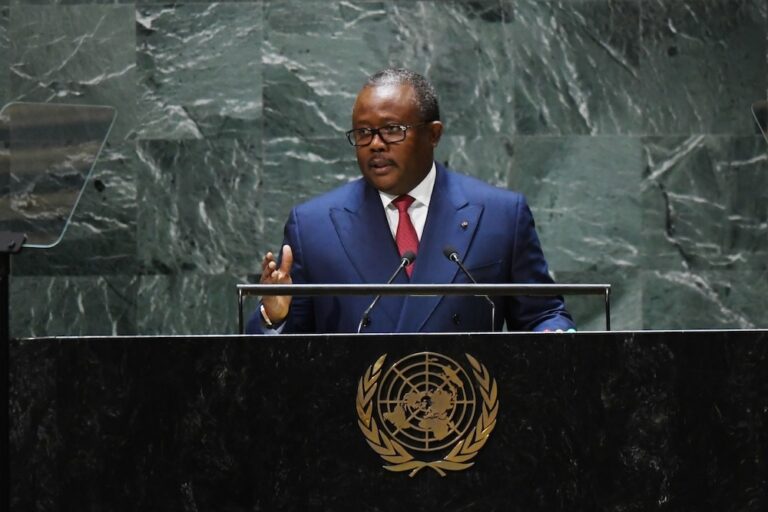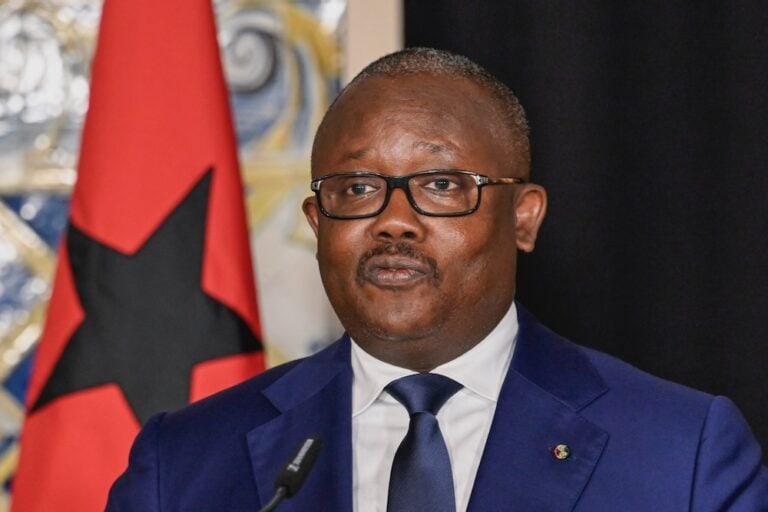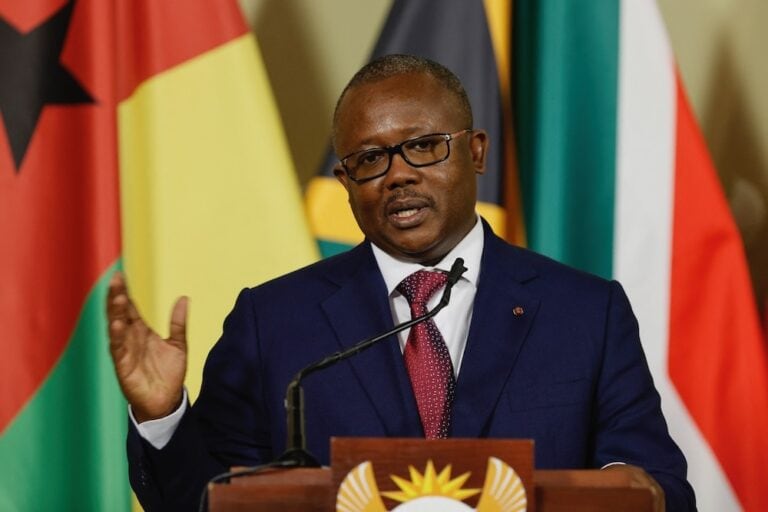The hefty regulatory fees announced by the government towards the end of last year have the potential of decimating Guinea-Bissau's already fragile media sector.
This statement was originally published on mfwa.org
In December 2022, the authorities of Guinea-Bissau announced new regulatory fees for the operation of media in the country.
Under the new tariffs, one will need to pay 500,000.000 CFA Francs (about USD $800,000) to acquire a licence for commercial television with national coverage. This figure represents at least a 6,000% increase on the previous fees, which were 7,000.000 CFA Francs (about USD $10,000).
The newly announced tariffs also require payment of 10,000.000 CFA Francs (USD $16,000) to acquire a licence to operate a radio station with national coverage. Renewal for this category also shot up to 900%.
When considered in the context of the country’s economy, which is one of the smallest and weakest in Africa, the tariff hikes are not only exorbitant but unconscionable. Guinea-Bissau’s economy was gravely hit by the COVID-19 pandemic resulting in a negative 1.4% GDP growth and an estimated 3.8% in 2021. The frail economy has further undermined the media’s ability to keep afloat financially amidst issues of low revenue, low wages and generally poor working conditions.
The announcement of the hikes in licence fees has therefore left many media stakeholders stunned as the new tariffs are considered crippling for the media sector. The media tariff increment is also considered a threat to media freedom and access to information in the country.
Below are a number of reasons why the increased tariffs risk decimating the already fragile media sector:
- The media is already struggling to pay and renew the old licensing fees. On April 7, 2022, the government shut down 79 radio stations over failure to regularise their broadcast licence status at that time. Most of the radio stations only resumed production following an arranged engagement on April 13, 2022, between a delegation made up of the Media Foundation for West Africa (MFWA) and its partners in Guinea Bissau and government officials. Unfortunately, this hike in tariffs may ensure more radio stations are shut down.
- The media sector is starved of the needed investment. The Parliament of Guinea-Bissau adopted the new tax on telecommunication as a fiscal measure to raise funds to boost public investment and to improve the national media. However, no disbursement has been made from the fund as stipulated in the law on the new Telecommunication Tax. While the expected investment and its effectiveness are yet to be felt, this new measure has come to add to the problems faced by the media, with many outlets risking closure.
- Even before the new tariffs, the average income of 75% of community radio stations from all services – advertising spots, press releases, and partner radio programmes- stood at USD $130.
- About 29% of the media organisations are currently operating in rented buildings, paying monthly rents ranging from about USD $30 to USD$80. But for private organisations, the monthly rental costs can reach up to USD $400, excluding the costs of electricity, water, internet data and telephone.
- Only about 30% of private media organisation have the capacity to generate a monthly income of about USD $ 2,400 which is used for the running costs of the stations.
- Many stations go months without being able to pay the full salaries of their workers.
In view of the above, the MFWA calls on the government and the media in Guinea-Bissau to have a frank and constructive dialogue to discuss and adopt realistic tariffs as well as take measures to promote media sustainability and access to information.



